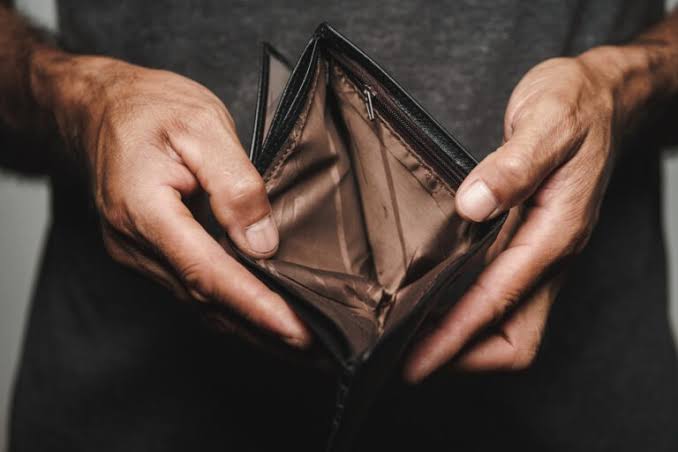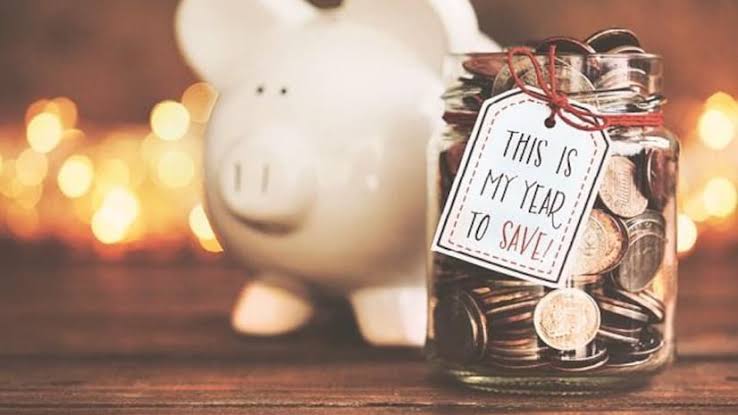Money is more than numbers.
It’s about emotions, memories, and even identity.
If you’ve ever felt:
- Guilty for spending
- Anxious about bills
- Or unsure how to “do money right”
…you’re not alone.
This blog isn’t about spreadsheets or interest rates. It’s about how to heal your emotional relationship with money so you can build real, sustainable wealth — the kind that feels as good as it looks.
Why Money Feels So Emotional
💡 It’s Not Just About the Rupees
Most of us grew up with money stories.
- “Money doesn’t grow on trees.”
- “Rich people are greedy.”
- “You have to struggle to succeed.”
These phrases shape our beliefs — often unconsciously.
Example:
Rohit, a 32-year-old entrepreneur, always felt he wasn’t “allowed” to spend on himself. His parents taught him that spending money is wasteful. As a result, even when he earned well, he felt guilt about every purchase.
The Root of Financial Anxiety
Here’s why so many people feel stressed, even when they’re financially okay:
🧠 1️⃣ Scarcity Mindset
- Always fearing there’s not enough — even if your bank account says otherwise.
- Scarcity is emotional, not factual.
⚖️ 2️⃣ Comparison Culture
- Social media = endless highlight reels.
- Seeing others’ “success” makes you feel behind — even when you’re doing great.
🧨 3️⃣ Perfection Paralysis
- Feeling you must do it all: save, invest, track, never spend.
- This pressure triggers burnout.
How to Start Healing: A Human-Centered Money Approach
🌱 1. Name Your Money Story
Ask yourself:
- What did you learn about money growing up?
- What’s the earliest memory of money you have?
- How does that shape how you spend or save now?
Example:
Aarti, a teacher, realized she avoided checking her bank balance because her parents fought about money constantly. Naming this story helped her see her avoidance wasn’t laziness — it was protection.
🧘 2. Practice Financial Mindfulness
Money is just another part of life. Start noticing:
- What triggers your spending?
- What spending feels good vs. guilty?
- How does money stress show up in your body? (Tension in shoulders? Trouble sleeping?)
Even 5 minutes of mindful reflection can reduce stress.
💌 3. Create “Money Dates”
Instead of dreading money talks, make them gentle:
- Choose a calm environment — light a candle, play soft music.
- Review your accounts with curiosity, not shame.
- Celebrate small wins: paying a bill, setting up a savings auto-transfer.
Money dates shift money from “monster” to manageable.
🧩 4. Set Gentle, Human Goals
Instead of generic goals like “save ₹10 lakh,” ask:
- What do I want money to do for my life?
- How would financial peace feel?
- What’s one small step I can take today?
Example:
Soham, a freelance writer, switched from “earn ₹2 lakh/month” to “have enough to take weekends off for family.” His money goals became motivating, not punishing.
Case Studies: Real People, Real Shifts
🌟 Case 1: From Debt Shame to Debt Plan
Maya had ₹3 lakh in credit card debt. She felt so ashamed, she avoided talking about it.
Solution: She joined a support group online. Slowly, she learned debt isn’t a moral failing. She made a realistic repayment plan — and her stress dropped dramatically.
🌟 Case 2: Reclaiming Joy in Spending
Neeraj was so focused on investing that he never allowed himself to buy things he loved (like good coffee!). He created a “joy budget” of ₹2000/month. Small, but it made money feel fun again.
Practical Tools to Reduce Money Anxiety
Here’s how to turn insights into action:
🛠️ 1. Use a Simple Spending Plan
Forget rigid spreadsheets. Try the 50/30/20 approach:
- 50% on needs (rent, bills, groceries)
- 30% on wants (fun, hobbies, personal growth)
- 20% on future (savings, investments)
This structure is flexible and easy to remember.
🪴 2. Automate for Peace of Mind
- Set up auto-debits for bills.
- Auto-transfer a small amount to savings.
- This reduces decision fatigue — money flows on autopilot.
🧡 3. Track Feelings, Not Just Numbers
- Keep a money journal.
- Write about purchases that made you feel good vs. those that felt wasteful.
- You’ll spot emotional patterns quickly.
🔄 4. Practice Financial Gratitude
Each month, note:
- One thing you’re grateful for that money allowed you to do.
- One thing you want to adjust next month.
- One small step to feel safer and calmer with money.
This reframes money from stress to gratitude.
Conclusion: Real Wealth is Emotional
Money isn’t just rupees and investments. It’s:
- How safe you feel.
- How free you feel to live life on your terms.
- How aligned your spending is with what matters most.
So, if you’re feeling financial anxiety, don’t just chase the next money hack.
Start with compassion for your own story.
Build small, human habits.
And remember: wealth isn’t just about numbers — it’s about peace of mind.






